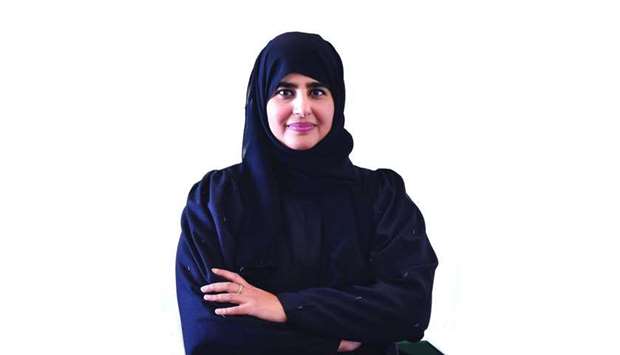The Office of Research Planning and Development at the Qatar University (QU) Office of the Vice-President (V-P) for Research and Graduate Studies recently held the Animal Ethics Awareness Day in collaboration with the Ministry of Public Health (MoPH).
The event aimed to raise community awareness on research ethics and highlight the role of the QU Institutional Animal Care and Use Committee (IACUC) following the latest ethical international standards within an Islamic framework, QU said in a statement.
Attendees included QU V-P for Research and Graduate Studies Prof Mariam al-Maadeed, QU director of Research Planning and Development Dr Aiman Erbad, QU Laboratory Animal Research Centre founding director Dr Hamda al-Naemi, QU manager of Research Excellence Dr Abdelbary Elhissi, and MoPH executive manager Dr Iman Sadoun, as well as QU faculty, researchers and staff.
It drew the participation of experts and researchers from QU, the Anti-Doping Lab Qatar, Hamad Bin Khalifa University, Hamad Medical Corporation, MoPH and Sidra Medicine.
The event’s programme featured lectures by Dr al-Naemi, associate professor at QU College of Pharmacy (CPH) and IACUC head Dr Husam Younes, CPH associate professor Dr Abdelali Agouni, professor at QU College of Medicine Dr Ala-Eddin al-Moustafa, and associate professor at QU College of Health Sciences Dr Nasser Rizk.
They discussed the implementation of ethical standards by QU.
Prof al-Maadeed stressed the importance of ethical consideration when using animals. She pointed to the benefits of animals which are mentioned in the Holy Qur’an. She also noted that animals have many benefits for the society, especially in pharmacological experiments that contribute to the advancement of the society.
Dr Elhissi added, “The high level that QU reached with regard to paying attention to the ethics of dealing with experimental animals is a real indication of the level of civilisation achieved by Qatar in recent years. The implementation of ethics in research is an integral part of research excellence.”
Prof Mariam al-Maadeed

